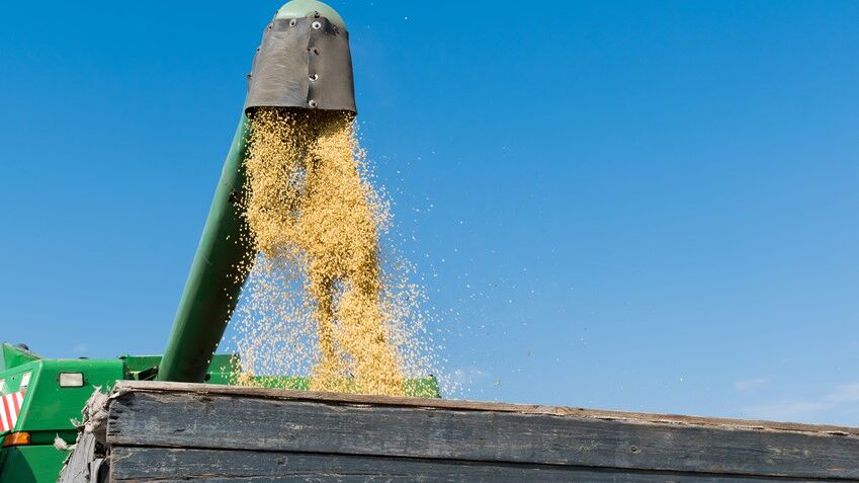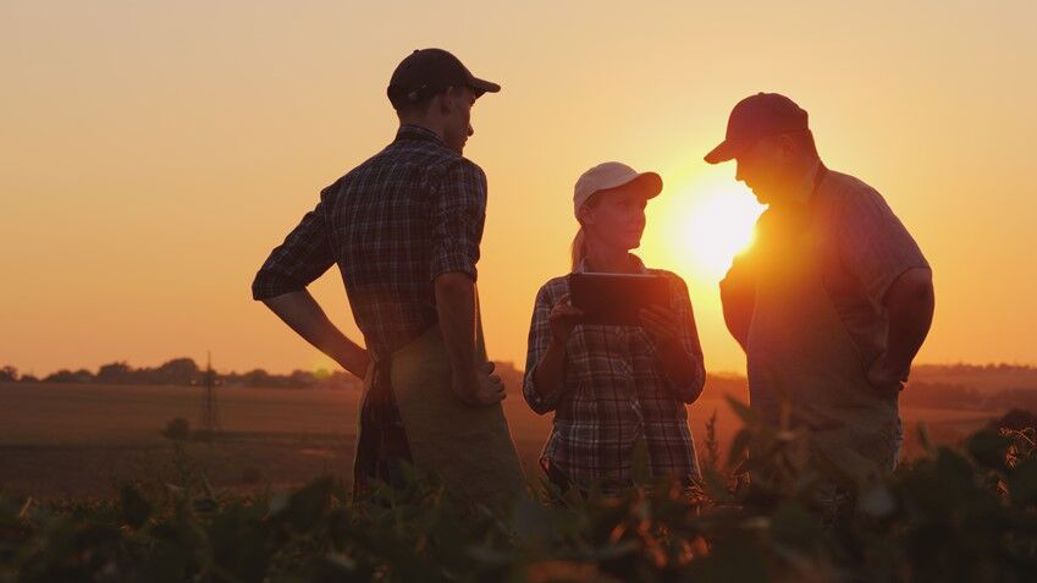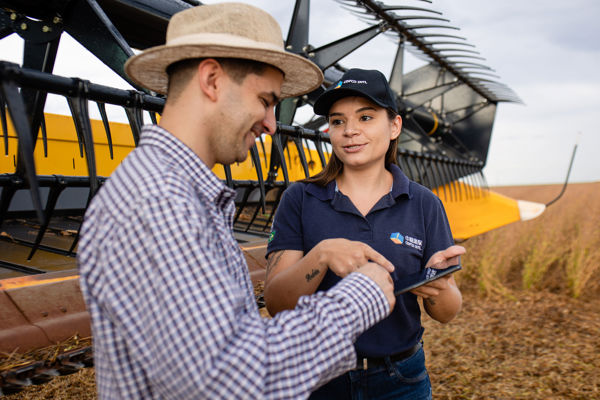
COFCO International aims for full traceability of all directly sourced soy across Brazil by 2023
COFCO International announced on 1 July 2020 that it expects to achieve by 2023 full traceability of soy sourced directly from farmers all across Brazil, as it works to mitigate environmental and social challenges in the country’s soy supply chain.
Over the past two decades, increasing global demand for meat and dairy has more than quadrupled soy production in Brazil, one of COFCO International’s main sourcing markets. But expanding soybean cultivation, along with other agricultural activities, puts pressure on Brazil’s globally significant ecosystems, which are essential for protecting climate, biodiversity, and freshwater.
COFCO International sees traceability, meaning the ability to track a product back to the farm where it originated, as key to sustainable supply chains.
“Soy production can go hand in hand with the conservation of forests and native vegetation,” says Wei Peng, Head of Sustainability at COFCO International. “And knowledge is the best way to make progress.”
“We make our traceability commitment public because we are prepared and we want to be held accountable for it,” Peng says.

Achieving full transparency
The commitment, which includes third party verification, applies to all directly-sourced soy by COFCO International in Brazil. In the regions of Mato Grosso and Matopiba (Maranhão, Tocantins, Piauí and Bahia), the company already sourced some two thirds of its soy directly from farmers. While the company plans to increase the amount it sources directly, it is also actively working with third-party suppliers to improve traceability of indirect sourcing.
The traceability scheme builds on COFCO International’s work in 2019 to map more than 5.2 million hectares of soy farms in Brazil, Argentina, and Paraguay.
But achieving full transparency within the soy supply chain is a complex task. Turnover and crop rotation are frequent on the large number of farms, which are spread over a vast geographical area of about 35 million hectares in Brazil.
By 2019, COFCO International had already achieved 100% soy traceability to farm for all direct sourcing in 25 priority municipalities of Brazil’s Cerrado, an important biodiversity hotspot.
“To achieve our 2023 goal, we are mobilizing a lot of internal resources, engaging with our suppliers, visiting the farms and creating links between individual contracts and the land,” says Peng.

Annual traceability results are confirmed by an independent verification body but for COFCO International, Peng stresses, it is just one step towards a sustainable soy supply chain.
“Our goal is not just to tick the traceability box,” she says. “We use the information to build better understanding of supplier farms’ sustainability profile, engage with producers, better understand their obstacles, and together work on ways to produce their soy while preserving Brazil’s most precious ecosystems.”
Some of the sustainability activities are financed by a $2.3 billion sustainability-linked loan that COFCO International announced in 2019. The loan foresees an interest discount based on sustainability performance. All savings are reinvested into COFCO International’s sustainability work.
The company is improving sustainability across all its major supply chains, and volumes of sustainable commodities continue to grow. Some 23 percent of its global coffee sales are now certified or verified as sustainable, while 2019 saw a ten-fold increase in its volumes of Better Cotton.
COFCO International’s 2019 sustainability performance and updates on its projects are outlined in its latest Sustainability Report. To download a copy please go to cofcointernational.com/sustainability/
